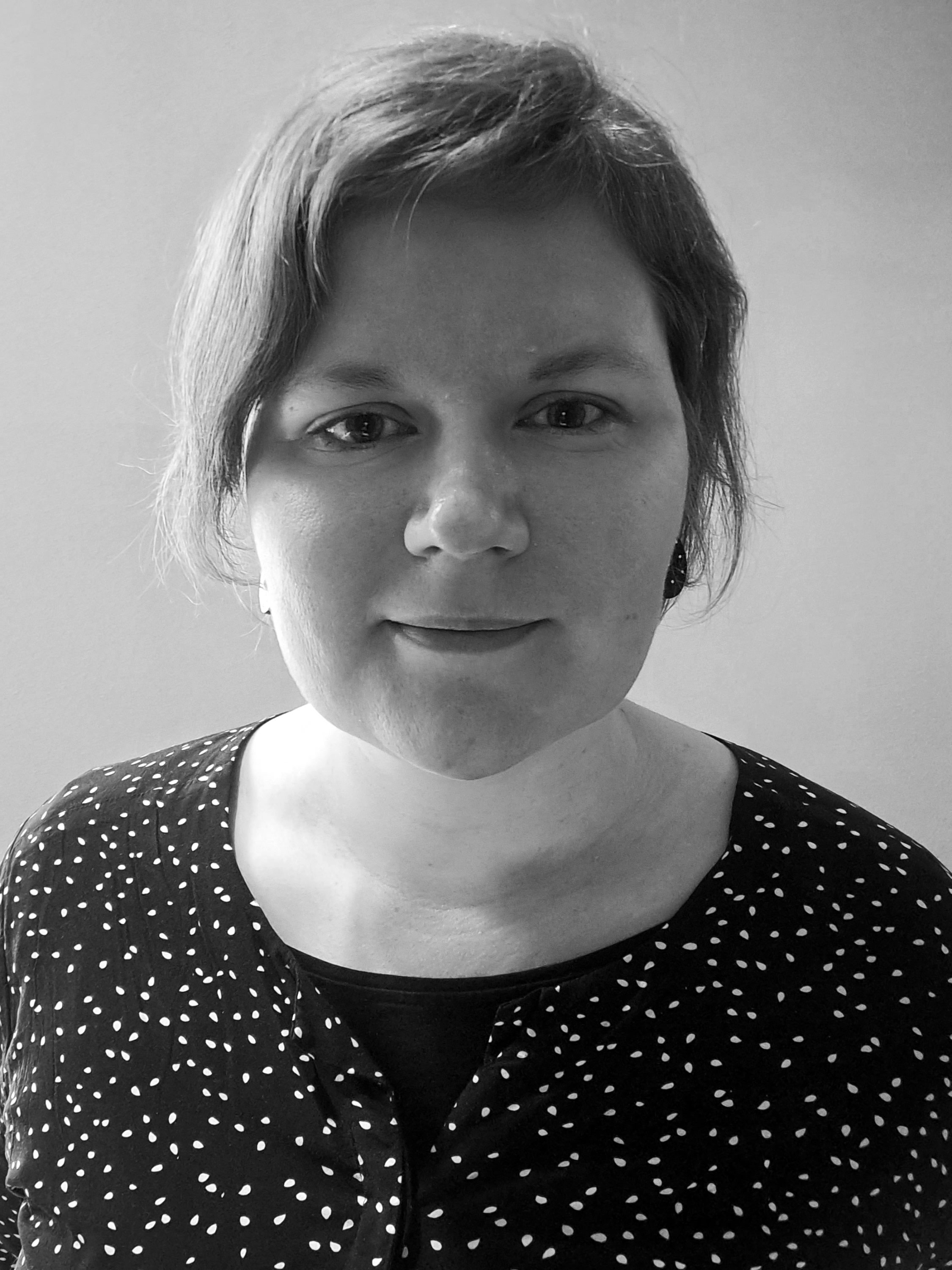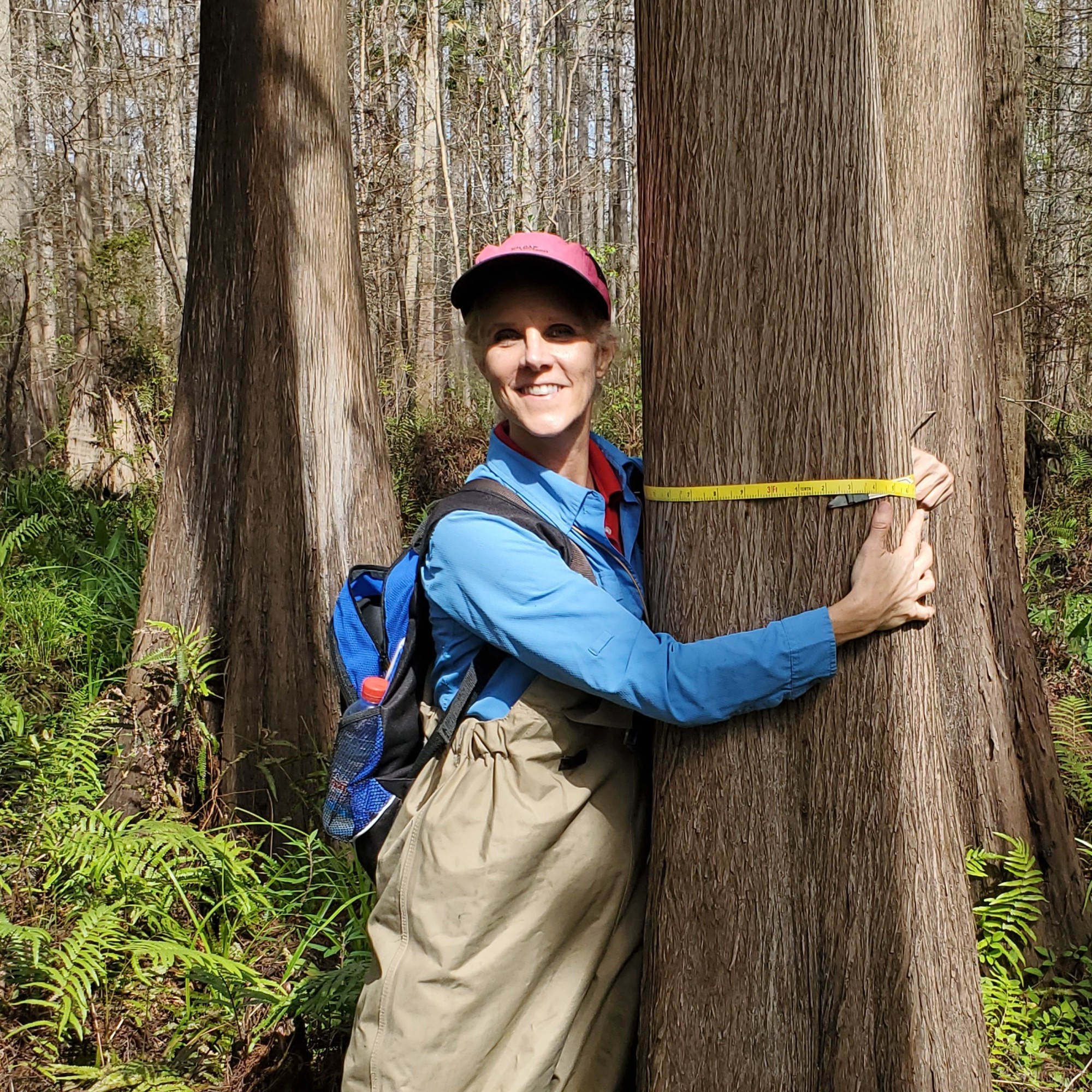Europe Chapter




Gillian Davies
Gillian Davies is a Senior Ecologist & Natural Climate Solutions Specialist at BSC Group, Inc., where her work focuses on climate change and wetlands, working with local communities to develop Nature-based Solutions, particularly wetland, forest, and soil conservation and restoration, and providing wetland peer reviews for Conservation Commissions. She is a Visiting Scholar at Tufts University Global Development and Environment Institute, is Immediate Past President of the Society of Wetland Scientists Professional Certification Program, was the 2016-2017 SWS President, is a co-lead for the SWS Climate Change and Wetlands Initiative and chairs the SWS Rights of Wetlands Section and the WOTUS ad hoc sub-committee. She serves on the International Association for Ecology (INTECOL) Wetlands Working Group. Gillian served on the Massachusetts Healthy Soils Action Plan working group. Gillian has a Master of Environmental Studies degree with a concentration in ecosystem ecology from the Yale School of the Environment, and a bachelor’s degree from Williams College. She is a certified Professional Wetland Scientist, a Registered Soil Scientist, and has received the SWS President’s Service and SWS 40th Anniversary Awards. In her spare time, she and her husband enjoy hiking, mountain biking and skiing.

Andrew Der
With a total of 33 years of experience (20 as a manager) working within the Chesapeake Bay watershed, Mr. Der is currently executive principal of Andrew T. Der and Associates, LLC practicing in the water resources consulting and contracting industry regionally and nationally since 2013. Before that and since 2000, he was Director of Environmental Services for two civil engineering firms in the Washington DC/Baltimore, MD metro region. Previously, he completed 18 years of service at the Maryland Department of the Environment leaving as a manager. Specialties include regulation and compliance; assessment; watershed studies; advocacy; permitting; feasibility studies; nonpoint source pollution; wetland and stream mitigation; water quality; and Clean Water Act and NEPA, as well as various federal and state pollution and waste programs. He is an Academy of Board Certified Environmental Professionals (ABCEP) Certified Environmental Professional (CEP) by eminence, and also teaches seminars, publishes industry-related and natural resources articles, a member of industry and advisory committees, recipient of numerous awards of recognition, and provides expert testimony and media interviews.



Chris Joyce
Wetland ecologist with over 30 years of academic research experience, focussing on wet grasslands, coastal wetlands and biodiversity. Formerly a Lecturer then Professor at the University of Brighton in the UK, now working as a Visiting Professor at the Estonian University of Life Sciences and as a Director for a Coastal Sciences Research Centre at JBA Consulting in the UK.
Evgeny Khvalkov
Romina Llanos
Luca Marazzi Ph.D.
Researcher in Environmental Sciences & Aquatic Ecology with over 17 years of research, teaching, outreach, project management, and business development experience. I have worked on freshwater algae, wetland ecology and restoration, biodiversity and ecosystem services, air quality and climate change. Since 2008, I have been specializing in algal ecology and wetland ecology and restoration, especially in subtropical regions. I worked on bird migration, air pollution, and climate change in northern Italy; algal diversity, biomass, and species distribution in the Okavango Delta and the Everglades; and on plastic pollution in UK river catchments.

Columba Martinez Espinosa
PhD in Functional Ecology, I am passionate about ecosystem processes and enhancing the value of ecosystem services provided by wetlands. Driven by the opportunity to contribute to their protection and restoration, I bring science into the field to guide practical actions.
As President of the European Chapter of the Society of Wetlands Scientists, I woud like to promote the exchanges among wetalnds scientists, to enforce our network and protect wetlands
Kimberli Ponzio
 Kimberli Ponzio has over 36 years of experience working in Florida wetlands as an Environmental Scientist for two water management districts in the state of Florida, USA. Kim has been certified as a Professional Wetland Scientist for 25+ years, finding it important to ensure stakeholders from public, academic, and consultancy sectors that she has the education, work history, and skill-set necessary to deliver professional wetland services, and that she is committed to upholding a high standard of ethical behavior. Kim has been involved in leadership with the Society of Wetland Scientists since 2007, was SWS President in 2015, President of the SWS Professional Certification Program (SWSPCP) in 2020, and currently serves as Co-Chair of the SWSPCP Diversity, Equity, and Inclusion Committee. Kim is actively involved in helping to globalize the SWSPCP by making the Program accessible to qualified individuals, regardless of geography or financial standing. Kim’s approach has always been one of a collaborative spirit, which she believes is one of the most powerful mechanisms to further the cause of conserving, restoring, and protecting wetlands.
Kimberli Ponzio has over 36 years of experience working in Florida wetlands as an Environmental Scientist for two water management districts in the state of Florida, USA. Kim has been certified as a Professional Wetland Scientist for 25+ years, finding it important to ensure stakeholders from public, academic, and consultancy sectors that she has the education, work history, and skill-set necessary to deliver professional wetland services, and that she is committed to upholding a high standard of ethical behavior. Kim has been involved in leadership with the Society of Wetland Scientists since 2007, was SWS President in 2015, President of the SWS Professional Certification Program (SWSPCP) in 2020, and currently serves as Co-Chair of the SWSPCP Diversity, Equity, and Inclusion Committee. Kim is actively involved in helping to globalize the SWSPCP by making the Program accessible to qualified individuals, regardless of geography or financial standing. Kim’s approach has always been one of a collaborative spirit, which she believes is one of the most powerful mechanisms to further the cause of conserving, restoring, and protecting wetlands.
Joseph Schubauer-Berigan Ph.D.
Helen Simonson
Licensed Professional Wetland Scientist with 16 years of experience in Wetland Delineations in North Carolina.
Certified: Erosion Control Inspector/ Designer, Rain Garden Design, Storm Water Control Measures, Stream Assessment(s) & Identification, plus Wetland & Stream Quality Assessment(s)